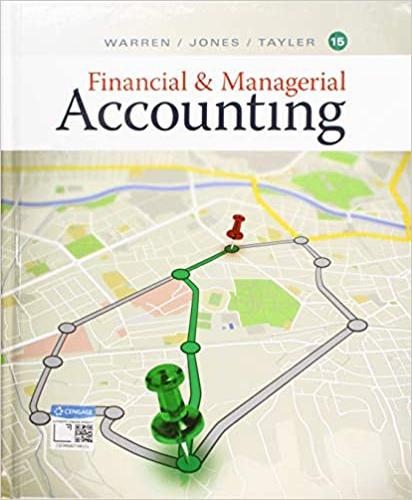Each of the following situations represents a possible violation of the AICPA's Code of Professional Conduct. For each situation, indicate the applicable rule of the Code that applies to the situation and whether the particular rule has been violated. VARIOUS SITUATIONS THAT COULD BE POSSIBLE VIOLATIONS OF AICPA CODE OF PROFESSIONAL CONDUCT (a) John Elway is a CPA but not a partner in the firm he works for. He has five years of professional experience with Sharpe & Shanahan, a CPA firm with a single office in Denver. Elway owns 50 shares of Broncos, Inc., an audit client. Elway does not take part in auditing Broncos and the value of the stock is not material in relation to his total net worth. (b) Steve Young, CPA, is preparing the annual personal tax returns for one of his wealthy clients. The client has provided Young with a list of itemized deductions which are very large and have no documentation to support them. When Young asked for substantiation for the deductions, the client indicated that he should take the client's word that they are legitimate deductions. Young prepared the tax return using the information provided by the client (c) Troy Aikman, CPA, practices as an attorney. Aikman has referred one of his clients to Irvin. CPA. Irvin has agreed to pay Aikman a 10% commission on his charges to the client as a referral fee. (a) Donovan McNabb, CPA, is the partner in charge of the audit of Redskins, Inc., a nonprofit charitable organization. McNabb is also a member of Redskins' board of directors, but the position is honorary and involves no performance of management functions. (e) Bret Favre, CPA, had too much to drink at the annual Christmas party of Favre & Associates, CPAs. On his way home he was stopped by a policeman for reckless driving and was tested for driving under the influence. In a jury trial, Favre was found guilty of DUI and was sentenced to 30 days in jail and his license was suspended for one year. Each of the following situations represents a possible violation of the AICPA's Code of Professional Conduct. For each situation, indicate the applicable rule of the Code that applies to the situation and whether the particular rule has been violated. VARIOUS SITUATIONS THAT COULD BE POSSIBLE VIOLATIONS OF AICPA CODE OF PROFESSIONAL CONDUCT (a) John Elway is a CPA but not a partner in the firm he works for. He has five years of professional experience with Sharpe & Shanahan, a CPA firm with a single office in Denver. Elway owns 50 shares of Broncos, Inc., an audit client. Elway does not take part in auditing Broncos and the value of the stock is not material in relation to his total net worth. (b) Steve Young, CPA, is preparing the annual personal tax returns for one of his wealthy clients. The client has provided Young with a list of itemized deductions which are very large and have no documentation to support them. When Young asked for substantiation for the deductions, the client indicated that he should take the client's word that they are legitimate deductions. Young prepared the tax return using the information provided by the client (c) Troy Aikman, CPA, practices as an attorney. Aikman has referred one of his clients to Irvin. CPA. Irvin has agreed to pay Aikman a 10% commission on his charges to the client as a referral fee. (a) Donovan McNabb, CPA, is the partner in charge of the audit of Redskins, Inc., a nonprofit charitable organization. McNabb is also a member of Redskins' board of directors, but the position is honorary and involves no performance of management functions. (e) Bret Favre, CPA, had too much to drink at the annual Christmas party of Favre & Associates, CPAs. On his way home he was stopped by a policeman for reckless driving and was tested for driving under the influence. In a jury trial, Favre was found guilty of DUI and was sentenced to 30 days in jail and his license was suspended for one year







